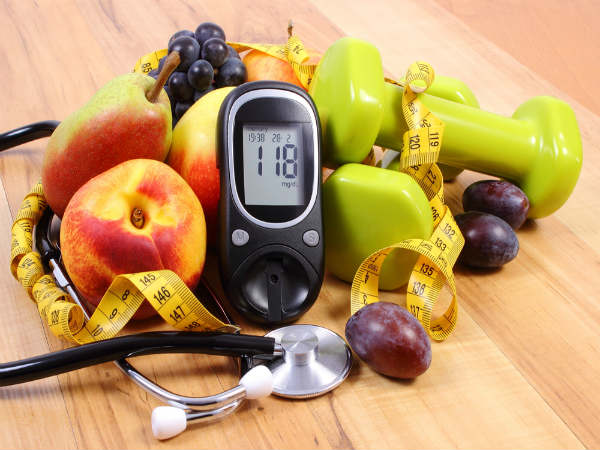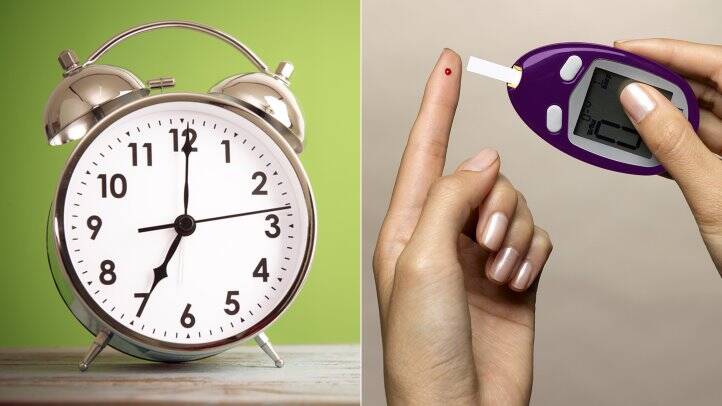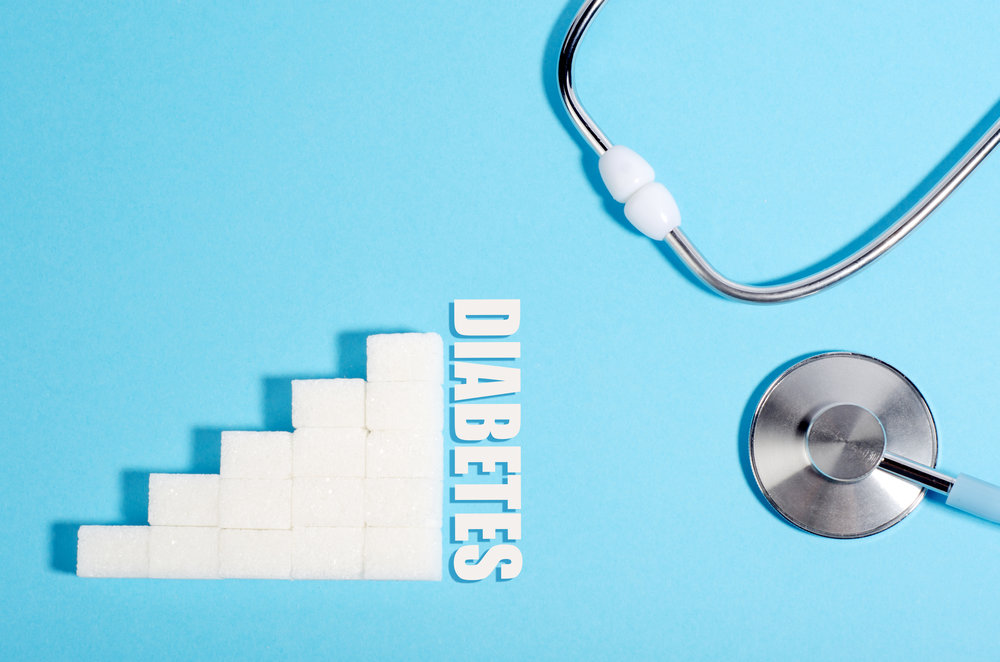In this post, we will share the basic knowledge of diabetes and facts that you should know.
How did you get diabetes?

Insulin is a hormone that tells multiple organs in your body to remove sugar from the blood, so that blood sugar level does not become too high.
People with type 1 diabetes stop making insulin because the pancreas is damaged by their own immune system It is mostly genetic
Type 2 diabetes: body becomes resistant to insulin. There is a genetic component and an environmental component. For example, people who are overweight or who take steroid are more likely to become resistant to insulin.
Why do we need to control blood sugar?

High blood sugar can lead to diabetic ketoacidosis (DKA) or hyperosmolar hyperglycemic state. Nausea, fatigue, abdominal pain, confusion, loss of consciousness. Blood sugar is usually above 400 They are life-threatening.
High blood sugar can damage vision Follow up with your eye doctor and alert them that you have diabetes
High blood sugar can cause kidney damage That is why we check urine to see how much protein is leaked by your kidney.
People with diabetes are more prone to a foot infection. In fact, diabetes-related infection is one of the most important reasons for amputation. Therefore, your doctor needs to check your feet
High blood sugar can harm the nerves You may get numbness, tingling or pain in arms and legs
Diabetes put you at risk for stroke and heart attach. That is why we also check your blood pressure and cholesterol to make sure they are well controlled.
What should be the target for blood sugar?
According to the American Diabetes Association, Hemoglobin A1c should be less than 7 (average blood glucose of about 150). I would suggest lowering A1c as much as possible, as long as you do not have low blood sugar.
- The target for fasting status: 80-120
- The target for other time of the day: 80-180
How to check blood sugar?
Always clean your finger with an alcohol pad and wait till it is dry before checking. Make sure there is no sugary thing on your finger.
When you get a new glucometer, always set the time and date right. Don’t forget to use the control solution to calibrate your glucometer according to the manual (of the glucometer)
When should you check blood sugar?

If you are not on short-acting insulin (like Humalog, Novolog) or an insulin pump, check it twice a day before breakfast and before going to bed So your doctor will be able to know what happened after overnight fasting, and what happened after all the meals in a day.
If you are on short-acting insulin or insulin pump. Check it at least 4 times daily. Before each meal and before going to bed. So your doctor knows what happened after each meal.
Please wait for at least 4 hours after the dose of short-acting insulin before checking your blood sugar again.
Diet for type 2 diabetes

If you drink alcohol, limit to no more than 1 drink per day (12 oz of beer or 5 oz of wine) Do not drink on empty stomach (you can get low blood sugar)
Food to choose:
leafy vegetables or tomatoes, beans, berries, whole grains, fish, nuts, low-fat milk, and yogurt
Food to limit:
A white starchy food (bread, rice, pasta, noodle, potato). Potato chips, soda, dessert.
Dietary recommendation
- Consistency: the same amount of carb for each meal.
- Time: eat each meal at the same time of the day.
- Limit to three meals a day and less than 45 grams of carb for each meal.
You can find some delicious recipes from – Here
What to do when you have hypoglycemia?
If your blood sugar is less than 70, take 15 grams of glucose tablets (available in pharmacies), and you can also eat or drink things with carb. Check blood sugar again in 15 minutes, if blood sugar is still below 70, repeat the step above and check blood sugar every 15 minutes until blood sugar is above 70
You should also ask your doctor to prescribe a glucagon kit for you and tell people who live or work with you that they should give you glucagon injection if you lose consciousness.
Why do you care about hypoglycemia and how to identify it?
Hypoglycemia (low blood sugar) is life-threatening. It can lead to loss of consciousness, seizure or even death. Generally speaking, blood sugar less than 70 is considered hypoglycemia
You will typically get a feeling of weakness, dizziness or sweaty. Check blood sugar when either of these happens.
Lab tests for diabetes

Hemoglobin A1C, also known as HbA1c It is an indicator of average blood sugar over the past 3 months. Therefore, it is only checked every 3 months. And you can check it anytime during the day.
- Kidney function
- Some diabetes medications can affect kidney function, and we need to change the dose of some medications when your kidney function change.
- Markers we look at creatinine and GFR
- Check at least once a year
Lipid profile
Diabetes put you at risk for stroke and heart attack. Reducing lipid level will reduce the risk of getting these problems. Markers we look at LDL, HDL Check at least once a year.
Protein in urine
Diabetes can harm the kidney, and cause the kidney to leak protein. If you are leaking too much protein, we need to add medication to protect your kidney Markers we look at: urine microalbumin Check at least once a year.
Thyroid function
People with diabetes are more likely to get thyroid problem as well. Markers we look at: TSH Check at least once a year.
RESOURCES:
https://www.uptodate.com/contents/table-of-contents/patient-education



